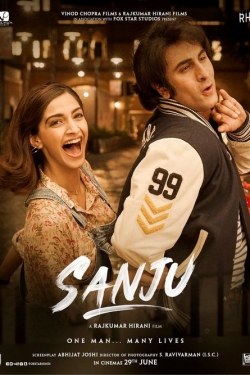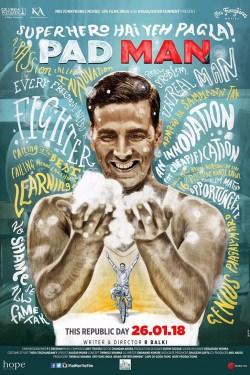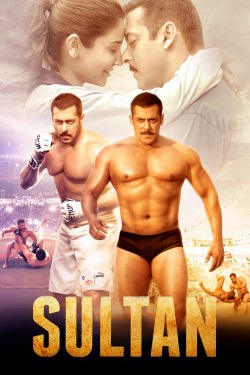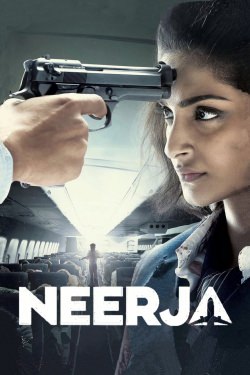Top Rated Films
R.M. Vijayakar's Film Reviews
-
Go, watch this fun fest just to get a long-overdue whiff of the USP of Hindi cinema – entertainment in the most wholesome sense of the word. And let us not forget that the climaxes of most Bazmee movies look better and better with the passage of years.
-
It is a Tiger Shroff film all the way, and he is likely to win many more fans with this effort. And though Vimmi Datta’s script disappoints in its general triteness and we feel this is Sabbir Khan’s weakest film from among his three films with Shroff, the fare is single-screen fodder and should do well there.
-
Of the three foreign films (“xXx: The Return Of Xander Cage” and “Kung-Fu Yoga”) with principal Indian artists this year, this one, by leagues, is the best. Correction: it is the only one of the three that is worth a watch. Go to the movies and be entertained.
-
“Death In The Gunj” has everything going for it as a film, and we hope that the niche movie breaks even as it releases alongside two Hollywood and four or five, mostly nondescript, Hindi movies on a crowded Friday. As a thriller, it ambles as placidly as a Jack Diickson Carr novel or an old-fashioned British story, and the climax is actually implosive rather than explosive.
-
For the cricket and Sachin lovers (synonymous in most cases), this one is an experience worth spending time and money on in the theater. And I am not quarreling with that view just because I prefer biopics to documentaries as a personal choice.
-
If you want gut-wrenching truths told with searing honesty and sans showiness and sham, check out this film. You will take back quite a few characters and sequences from it. This is one film that haunts me even as I write this review. And I hope that the box-office is kind to it.
-
Bhardwaj must be appreciated for jettisoning the dark cinema he has patronized for 15 long years but it will need a lot more—like far better material and far superior associates at concept and creation levels—to connect with smart mainstream audiences that endorse everything from a “3 Idiots” and a “M.S. Dhoni” to a “Yeh Jawaani Hai Deewani” and a “Wanted.” I am repeating the oft-repeated conviction of mine that a mainstream talent can easily make great offbeat cinema but the reverse has yet to be proved true. And this a truism whose proof is written in golden letters across decades of great Indian cinema.
-
“Kaabil” is classic commercial cinema and will find many takers thanks to the all-powerful word-of-mouth despite the slow start.
-
While the first half of the film is simply super, the second half undoes a lot of the expectations. The high emotional quotient drains away into cliché-ridden melodrama, abrupt ends to some threads and a truly hurried ending. Such endings usually are caused by unsure scripts and directions or severe budgetary constraints, but here it looks as if some practical exigencies led to such contretemps, like, maybe, Nargis Fakhri’s absence from India for a while!
-
While technically the film is alright, we could have done with a little more brightness when needed, a less grim look (a failing also seen in Sircar’s “Madras Café”) and too gloomy background score, and a bit of pace. Pannu as Meenal is a revelation — here’s a chameleon who can move from “Chashme Baddoor” to “Baby” to this with effortless and artless ease.

























